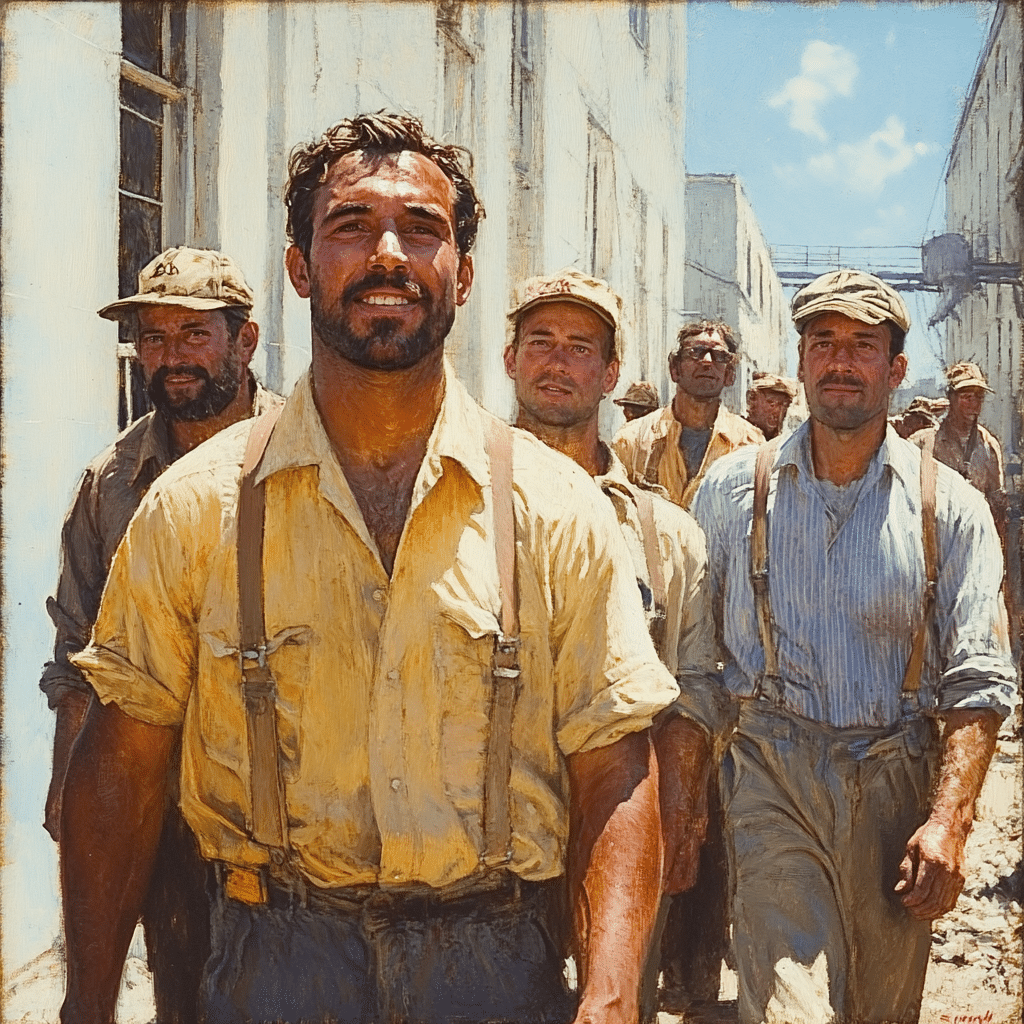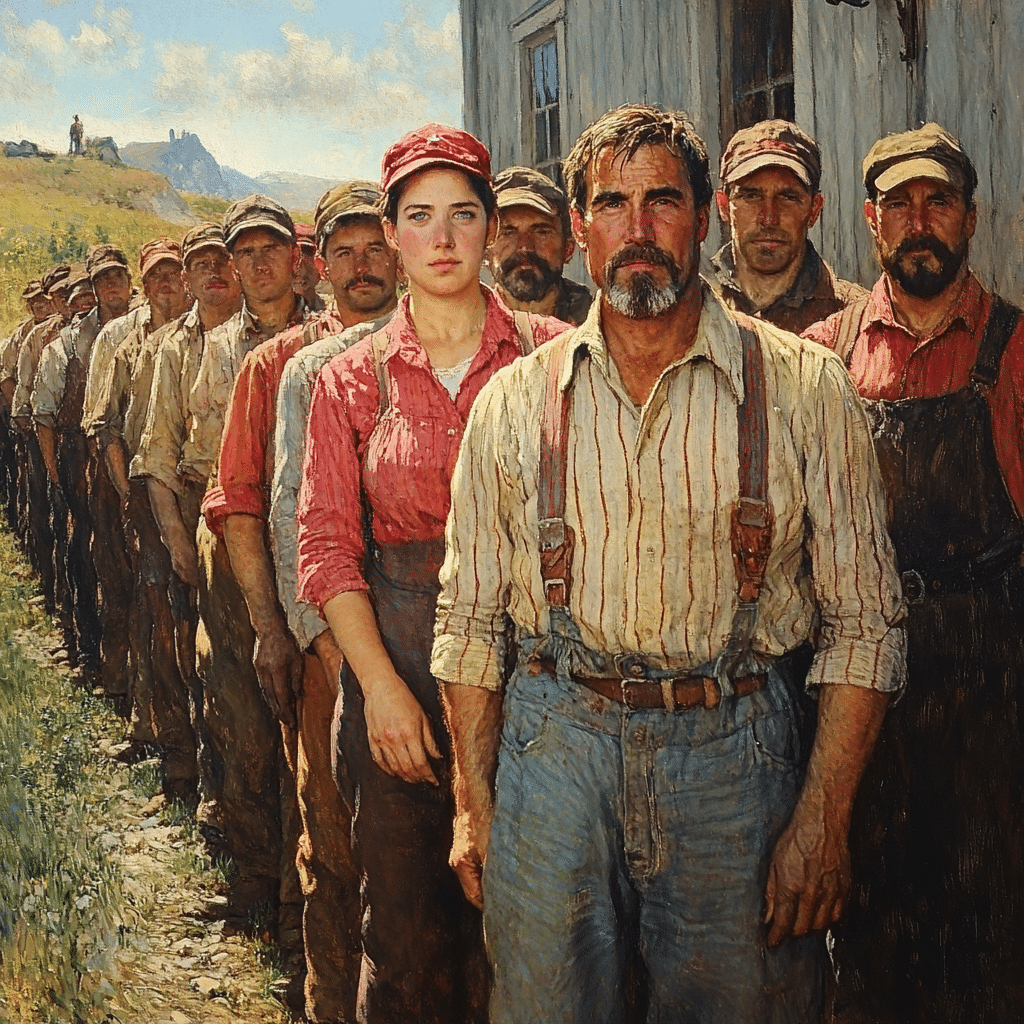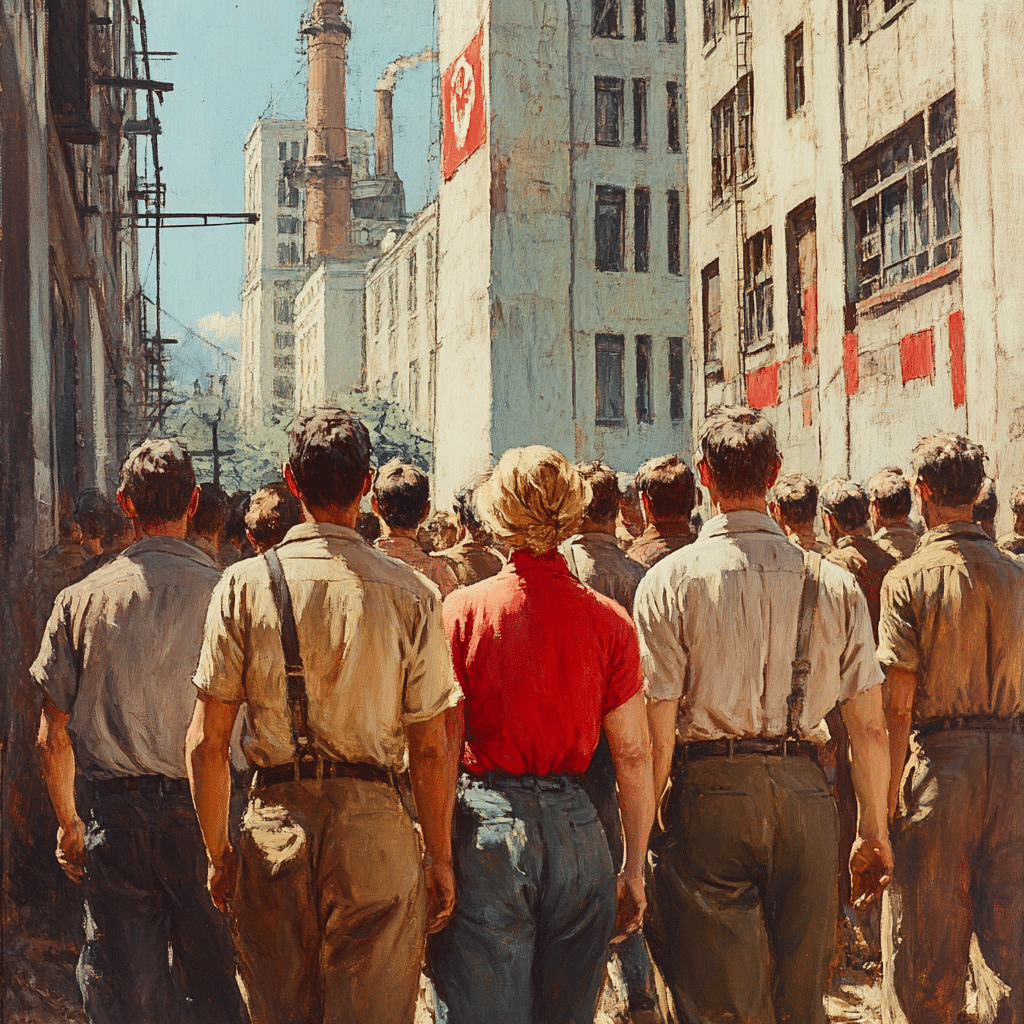Labor Day is more than just a day off; it’s a celebration of workers and the contributions they make to society. But when was Labor Day first celebrated? The answer takes us back to September 5, 1882, in New York City. Organized by the Central Labor Union, this early observance highlighted how workers could unite and demand better conditions. By 1894, Congress officially recognized Labor Day as a federal holiday, reinforcing the importance of labor in American culture. Understanding the origins of Labor Day helps us grasp its relevance in today’s world.
The Evolution of Labor Day: Key Historical Moments
The Labor Movement of the Late 19th Century
The late 1800s marked a turbulent time for American workers. With the rise of industrialization, working conditions often became dire, characterized by long hours, unsafe environments, and low wages. The labor movement worked tirelessly to combat these issues. Notable events like the Haymarket Affair in 1886 ignited a nationwide push for rights, empowering workers to stand up for their demands. This collective spirit ultimately laid the groundwork for what we now celebrate as Labor Day.
The Pullman Strike of 1894
Another key moment was the Pullman Strike in 1894, which disrupted railroads across the nation. The strike began when workers at the Pullman Company protested wage cuts while facing high rents in company-owned housing. Federal intervention met with intense public outcry, showcasing the simmering tensions between labor forces and government authorities. The resolution came in the form of Labor Day becoming a national holiday, aimed at appeasing the labor movement and acknowledging the struggles faced by workers.
The Formation of Labor Unions
Unions played a colossal role in advocating for workers’ rights. The American Federation of Labor (AFL), founded in 1886, championed causes like the eight-hour workday and safer working conditions. Their relentless advocacy significantly contributed to the eventual recognition of Labor Day. The fruits of their labor not only celebrated workers but also highlighted the critical role unionization played in garnering rights that many now take for granted.
Labor Day Celebrations in the 20th Century
Labor Day transformed over time. Initially marked by protests, the holiday evolved into a day of festivity by the 1920s, featuring parades, barbecues, and family gatherings. These celebrations represented a shift in societal attitudes toward labor, celebrating the contributions rather than the conflict. However, challenges persisted, reminding everyone that while progress was made, ongoing struggles remained vital to address.
Modern-Day Significance
In today’s context, Labor Day symbolizes more than the end of summer; it serves as a reminder of pressing labor issues. Discussions surrounding wage disparity and workplace safety are at the forefront of national conversations. Movements like the Fight for $15 and the Me Too movement echo Labor Day’s original spirit, inspiring newer generations to continue advocating for equality and justice in the workplace.

Why Does Labor Day Matter in Today’s Society?
Labor Day holds profound meaning in contemporary culture as a reflection of the battles fought by workers. It’s an opportunity to pause, reflect, and advocate for current labor issues. The implications of this holiday stretch far and wide:
What Other Holidays Reflect Labor and Civic Spirit?
By understanding when Labor Day is celebrated, we can better appreciate its place within the landscape of American holidays that honor labor and civic responsibility.

Embracing the Legacy of Labor Day
Labor Day’s legacy continues to inspire activism and awareness, emphasizing the importance of human rights in the workplace. Each year, as we celebrate Labor Day, we face the duty of honoring those who fought for our rights and addressing the ongoing issues that need attention.
In 2024, while you’re enjoying the long weekend, engage with local labor organizations or participate in community events focused on workers’ rights. Supporting necessary reforms amplifies the true spirit of Labor Day—ensuring its significance extends far beyond just a holiday.
By keeping the essence of Labor Day alive, we can work toward a fairer and more equitable society for everyone. 🌍
When Was Labor Day Celebrated
Labor Day has become a staple of American life, but do you know when Labor Day was first celebrated? The very first Labor Day took place on September 5, 1882, in New York City. What started as a parade organized by the Central Labor Union is now a national holiday celebrated on the first Monday in September. It’s amazing to think that a simple gathering of workers advocating for their rights morphed into an annual celebration of labor’s contributions. Interestingly, Rockdale County, GA, where many labor-oriented festivals occur, also takes pride in commemorating this important day with local events that bring communities together.
The Significance of Labor Day
So, why does Labor Day matter? It serves as a reminder of the robust struggle for workers’ rights and fair pay that many have fought for throughout history. In fact, it’s not just about kicking back with a backyard barbecue; it symbolizes the achievements of American laborers and serves as a call to continue that progress. Plus, did you know that many people engage in fun activities, like buying lottery tickets in places such as New Jersey, to celebrate this long weekend? It’s a lively way to honor a day that has come to signify both rest and opportunity.
Labor Day Trivia
As we embrace the spirit of Labor Day, let’s sprinkle in some interesting facts. The day often marks various cultural celebrations around the country. In a fun twist, some families prepare themed meals on this holiday — think about the classic McDonald’s five dollar meal as a popular mention. Children and parents frequently share stories and gifts, like the beloved Sophie Giraffe, adding a personal touch that connects generations and encourages family time.
Additionally, Michigan Central, a historic train station, has turned into a hub for community gatherings and events, highlighting the importance of workers in every field, from transportation to arts. Celebrating when Labor Day was first established and everything it signifies makes for a meaningful holiday — one that truly connects our past to our present. Isn’t it remarkable how a single day can honor so much?




